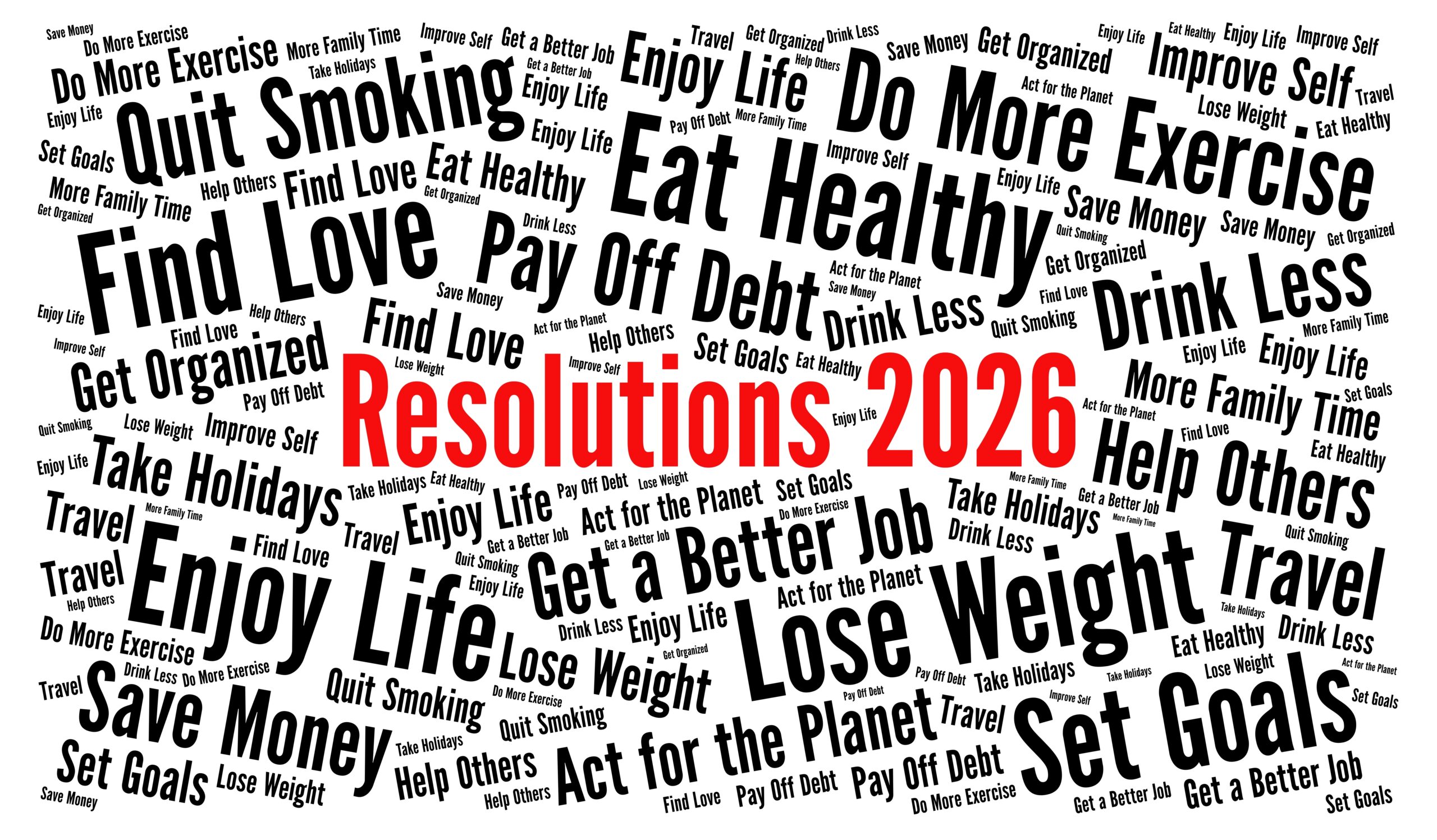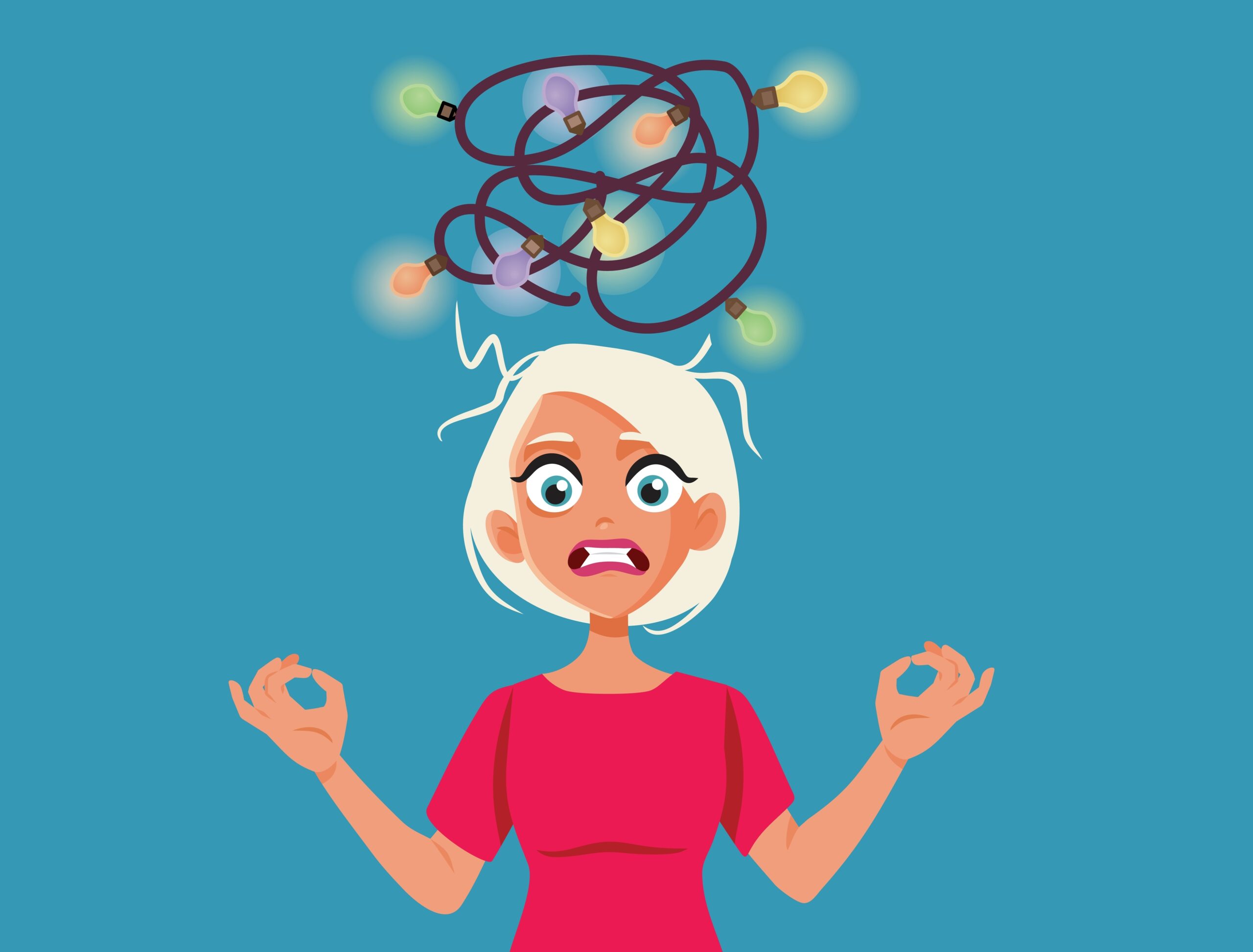Self-care refers to the practices and activities we engage in to maintain and improve our mental, emotional, and physical well-being. It’s about being proactive in meeting our needs and doing what’s necessary to function at our best. Sounds pretty great, right? So why do so many of us struggle to make self-care a priority?
Our relationship with self-care is often complicated by feelings of guilt. We might feel selfish for focusing on ourselves or that we don’t deserve to prioritize our needs over obligations to others. Maybe we convince ourselves we’re too busy to slow down.
But neglecting our own care doesn’t serve anyone in the long run.
When we neglect self-care, burnout, overwhelm, stress, anxiety, and depression can all creep in. Let’s look more in-depth at these common mental health issues and how self-care is one important step toward keeping ourselves mentally healthy.
Exploring Common Mental Health Issues
There’s no shortage of external pressures and expectations that can weigh on our mental health. The societal demands of productivity, material success, physical appearance standards, and pressure to “have it all” create immense stress and strain. Add to that the impacts of systemic issues like discrimination, lack of access to care, and other barriers, and it’s no wonder so many are struggling with their mental well-being.
Stress and Anxiety
Some stress is unavoidable, but chronic, excessive stress taxes our mental and physical resources. Anxiety, characterized by excessive worry, nervousness, and fear, can also become debilitating without proper coping mechanisms. Managing these persistent challenges requires self-care strategies.
Burnout
Burnout happens when we diminish our mental, emotional, and physical reserves. It leaves us feeling exhausted, detached, and ineffective and often stems from taking on too many commitments, poor boundaries, or an inability to control circumstances. If left unchecked, burnout can deplete our resilience and coping abilities.
Depression and Mood Disorders
Clinical depression is more than just feeling sad—it’s a persistent low mood, lack of motivation and concentration, feelings of worthlessness, and loss of interest that impairs daily functioning. Other mood disorders like bipolar disorder also have significant impacts. Treatment through therapy, lifestyle adjustments, and sometimes medication is key.
How do we combat these negative patterns?
Strategies for Practicing Self-Care
This is where self-care becomes a priority. We have to take care of ourselves first and foremost.
Start small by scheduling self-care practices into your week, whether that’s a yoga class, reading for leisure, or a cozy night in. Over time, these small commitments can grow into more profound lifestyle changes focused on balance and well-being.
Setting Boundaries
Saying no to requests that would overextend you is a form of self-care. Establish work-life boundaries, limits on availability, and guidelines for how you spend your time and energy. Protecting your boundaries protects your needs.
Seeking Support and Therapy
There’s power in reaching out for professional support. A therapist can provide invaluable tools for managing mental health. Support groups also remind us we aren’t alone while offering community care. Build a care team that supports your self-care.
Embracing Self-Compassion
Being kind, patient, and compassionate with ourselves makes self-care infinitely easier. We all stumble—allow yourself grace and meet stumbles with self-love rather than self-judgment. Our negative inner voice is often our biggest hurdle to clear.
Does this sound selfish and self-indulgent to you?
Dispelling the Myth Around Self-Care
Self-care only feels selfish if we buy into the flawed notion that we have to neglect ourselves to properly care for others. But we can’t pour from an empty cup—prioritizing our needs allows us to show up more fully. Taking time to rest, recharge, and meet our own needs is responsible self-preservation, not selfish indulgence.
Our mental health directly impacts our physical health and vice versa. Chronic stress weakens our immune systems, perpetuates inflammation, and raises our risk for numerous health issues. Conversely, lack of sleep, poor nutrition, and sedentary lifestyles feed into mental health challenges. Self-care addressing the mind-body connection is vital.
There’s no one-size-fits-all prescription for self-care. You might see people online talking about getting massages or facials as self-care, but that might not work for you. It’s about finding practices that are nourishing, enjoyable, and restorative for you as an individual. For some, that’s exercise and meditation, for others, it’s creative hobbies, social connection, or simply unscheduled downtime. The key is being intentional about what you need.
Take Care of Yourself Without the Guilt
Putting your own self-care first allows you to show up better in all other areas of your life. Being intentional about prioritizing your physical, mental, and emotional needs doesn’t make you selfish—it allows you to be more fully present and effective.
Does that mean doubling down on self-care will be easy? Not always. Our self-care practices often look like small, imperfect steps amidst the inevitable stresses and busyness of life. But each act of self-preservation matters.
Let go of the guilt and narratives that say you’re undeserving of care. Release the misguided notion that you always have to power through or sacrifice yourself. Recognize the strength in setting boundaries and creating pockets of respite. Be compassionate with yourself when you stumble. Ask for help when you need it.
Your self-care isn’t just benefitting you. When we care for our individual well-being, it allows us to be our best for our loved ones, contribute more fully to our communities, and foster empathy and understanding for those with different struggles. You’ve got this. Tend to your needs—it’s self-preservation, not self-indulgence. Care for yourself so you can go care for the world.
Feeling burned out? Download the free Fresh Tri app for practical, guilt-free habits based on brain science.
Take the Iterative Mindset quiz and beat burnout with brain science.













